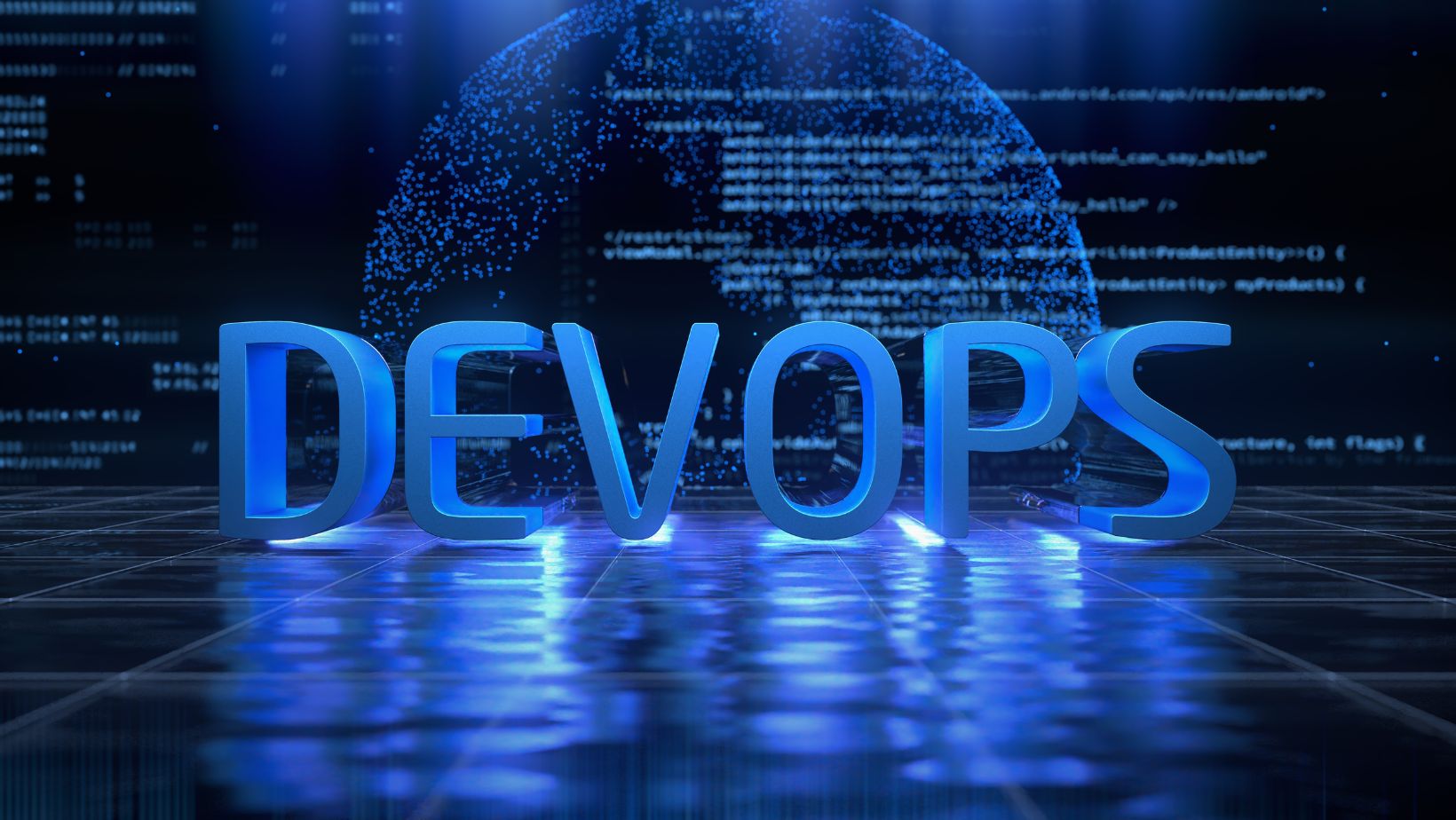
As a DevOps Engineer, I work in an IT environment responsible for planning, deploying, and managing software development and IT operations. I collaborate with software developers, system operators, and other IT staff to coordinate and manage projects effectively. My job focuses on streamlining development and delivery processes and ensuring that applications and services are delivered efficiently and effectively.
DevOps Engineers work to automate and streamline the software development process, typically using open-source tools and infrastructure. This encompasses building, testing, deploying applications, monitoring and logging, and continuous integration and delivery. My main purpose is to shorten the system development life cycle and frequently deliver features, fixes, and updates in close alignment with business objectives.
To sum up, DevOps Engineers are responsible for bridging the gap between development, quality assurance, and operational teams. We are involved in the entire software development life cycle, and our focus is to deliver high-quality software quickly, at scale, and as reliably as possible.

What Do DevOps Engineers Do
DevOps is a combination of two words – development and operations. DevOps engineers are responsible for bridging the gap between development and operations teams by facilitating the communication, collaboration, and integration of software development and IT operations.
Here are the key responsibilities of DevOps engineers:
- Automation: DevOps engineers automate the entire software delivery process. They write scripts and use tools to automate software building, testing, and deployment. This reduces the chances of human error and speeds up the software delivery process.
- Continuous integration and delivery (CI/CD): DevOps engineers implement CI/CD pipelines. They ensure that software changes are frequently integrated and delivered to the production environment securely and reliably.
- Monitoring and Logging: DevOps engineers monitor the health and performance of the application and infrastructure. They set up monitoring tools and dashboards to track the metrics and logs related to the software delivery process. This helps them quickly identify and resolve the issues before they affect end-users.
- Collaboration and Communication: DevOps engineers collaborate and communicate with developers, operations teams, and other stakeholders. They facilitate cross-team communication and maintain a streamlined workflow in the entire software delivery process.
- Infrastructure as Code (IaC): DevOps engineers use IaC tools such as Ansible, Terraform, or Chef to automate the provisioning and configuration of infrastructure. This makes it easier to maintain and recreate the infrastructure environment.
In conclusion, DevOps engineers play a vital role in the software delivery. They automate the software delivery process, implement CI/CD pipelines, monitor the health and performance of application and infrastructure, facilitate communication and collaboration between teams, and use infrastructure as code to automate infrastructure provisioning and configuration.

Skills Required for DevOps Engineers
Becoming a master DevOps engineer requires a wide range of technical and non-technical skills and a solid understanding of IT systems and software development. In general, a DevOps engineer must have the following skills:
- Coding and Scripting:
DevOps engineers must be proficient in coding and scripting to automate processes and make software development seamless. The most common languages used in DevOps are Python, Java, Ruby, Perl, and Shell.
- Knowledge of DevOps Tools:
A DevOps engineer must have excellent knowledge of various DevOps tools and be proficient in their usage. These tools include source code management, continuous integration, testing frameworks, containerization, and orchestration.
- Cloud Computing:
A DevOps engineer should have a solid understanding of cloud computing and its associated technologies. Familiarity with AWS, Microsoft Azure, and Google Cloud is necessary.
- Monitoring and Logging:
A DevOps engineer should be able to monitor and log activities across different systems associated with an application. Therefore, familiarity with tools like Nagios, Zabbix, and ELK Stack is essential.
- Soft Skills:
Besides technical expertise, a DevOps engineer should have good communication and collaboration skills to work in a team and handle complex issues. Effective problem-solving, decision-making, and time management skills are also necessary.
To become a successful DevOps engineer, a person must have a wide range of knowledge and skills in technical and non-technical areas. With proper training and experience, anyone can become a proficient DevOps engineer who can help organizations to deliver quality software and services faster and more reliably.

Why DevOps Engineers are Important in Software Development
DevOps engineers are crucial in software development because of their unique skill set and responsibilities. The following points highlight some of the main reasons why DevOps engineers play a critical role in ensuring successful software development projects:
- Improved collaboration: DevOps engineers bridge software developers and IT operations staff. They promote collaboration and communication between these two departments, which results in quicker and smoother software development processes.
- Automation and continuous integration: DevOps engineers use various tools and methods to automate and streamline software development processes. This results in faster delivery of software, improved quality, and reduced errors.
- Increased efficiency: DevOps engineers prevent time-consuming and repetitive manual work that can lead to mistakes by performing tasks such as automated testing. The time and effort saved can be invested in other important tasks during software development.
- Better agility and scalability: DevOps engineers ensure that software development processes are agile and scalable. Software can be easily modified and updated to meet changing business requirements.
DevOps engineers play a vital role in software development by improving collaboration, promoting automation, increasing efficiency, and ensuring agility and scalability. In addition, their skills and expertise help to reduce risk and ensure the successful delivery of high-quality software products.


























